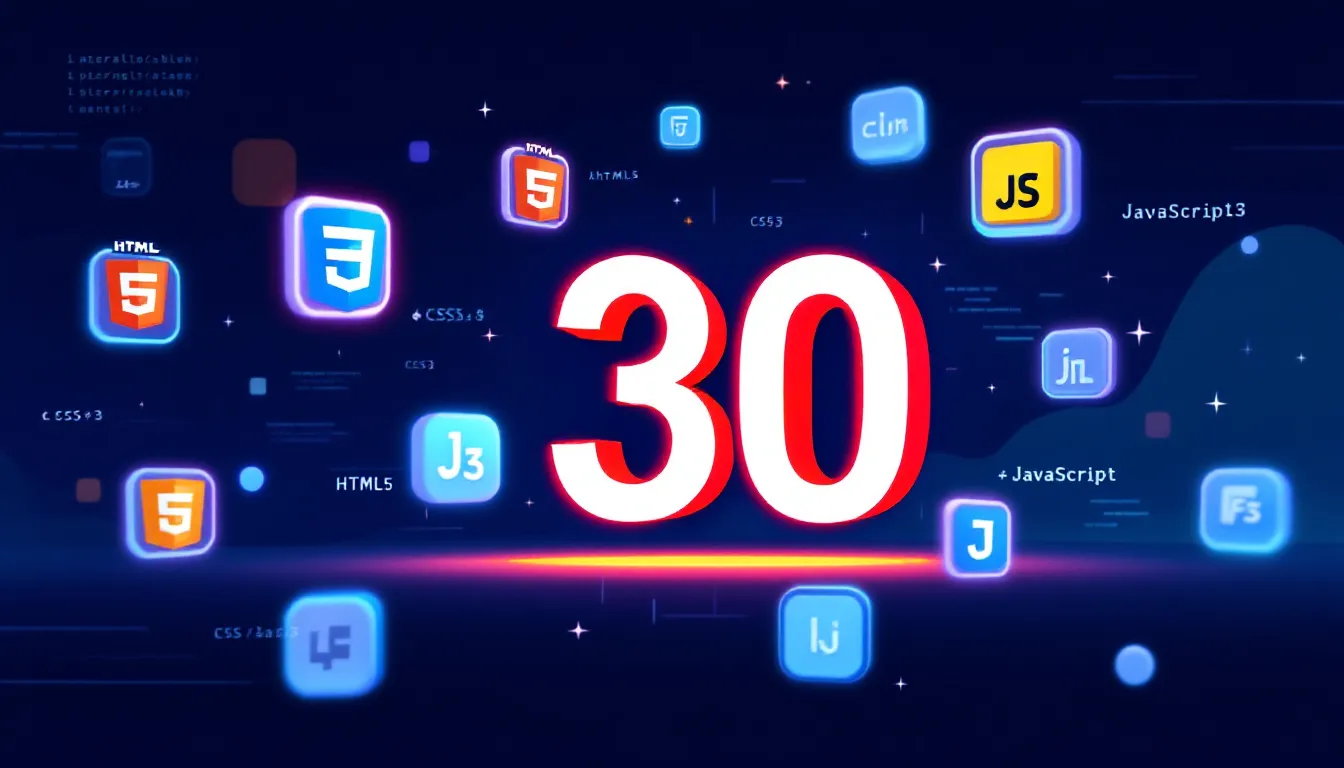
30 Pro Tips from a Senior Frontend Dev 🚀
👋 After a decade of building web applications and mentoring developers, I've distilled my experience into 30 essential tips that will supercharge your frontend development journey.
🎯 Fundamentals & Core Skills
- Master the Fundamentals First
- Deep dive into vanilla JavaScript before frameworks
- Understand CSS fundamentals (specificity, cascade, layout)
- Deep understanding of HTML semantics
- Browser DevTools are Your Best Friend
- Learn advanced debugging techniques
- Master network tab analysis
- Utilize performance profiling tools, track memory leaks
- Responsive Design is Non-Negotiable
- Mobile-first approach always
- Master CSS flexbox, grid, and layouts
- Deep understanding of media queries and breakpoints
💻 Development Practices & Performance
- Component-Based Thinking
- Break UI into reusable components
- Keep components small, focused, single responsibility principle
- Create modular and scalable code
- Performance Optimization
- Implement lazy loading for routes/components
- Optimize images and assets
- Track Core Web Vitals
- Runtime Performance
- Prevent unnecessary re-renders
- Implement debouncing/throttling
- Profile performance regularly
- Build Optimization
- Minimize bundle size
- Use tree shaking
- Optimize dependencies
🛠 Tools & Development Workflow
- Version Control Mastery
- Master Git workflows
- Write meaningful commit messages
- Review PRs thoroughly
- Choose Your Framework Wisely
- Learn one framework deeply first
- Understand the ecosystem
- Don't chase every new trend
- Build System Proficiency
- Master your bundler (Webpack/Vite)
- Understand build optimization
- Configure deployment pipelines
- Testing is Not Optional
- Write unit tests (TDD when possible)
- Implement integration / e2e tests
- Focus on user behavior in tests
- State Management
- Learn different state patterns
- Choose appropriate solutions
- Understand local vs global state
- Code Quality
- Use TypeScript for type safety
- Follow consistent style guides & write ESLint rules
- Write self-documenting code
👥 Professional Growth
- Code Review Skills
- Provide constructive feedback
- Focus on architecture
- Document complex logic
- Time Management
- Break tasks into smaller chunks
- Set realistic deadlines
- Learn to estimate accurately
- Communication Skills
- Explain technical concepts clearly
- Listen to stakeholders
- Ask good questions
🎨 UI/UX Awareness
- Design Principles
- Understand basic design theory
- Implement smooth animations considering performance impact
- Gather user feedback
- User Experience Focus
- Handle loading states
- Manage error states gracefully
- Think from user's perspective
- Cross-Browser Compatibility
- Test across browsers
- Handle graceful degradation
- Use progressive enhancement
🚀 Advanced Concepts
- Security Best Practices
- Prevent XSS attacks
- Implement Content Security Policy (CSP)
- Sanitize user inputs
- API Integration
- Minimize HTTP requests & cache responses effectively
- Handle loading and error states gracefully
- Handle offline scenarios
- Performance Monitoring
- Use analytics tools
- Track key metrics
- Implement error tracking
- Code Architecture
- Plan scalable structures
- Implement design patterns
- Consider maintainability
- Browser APIs
- Master Intersection Observer
- Implement Service Workers
- Use Local Storage effectively
🌱 Personal Development
- Learning Habits
- Follow industry trends
- Read technical blogs
- Build side projects & contribute to open source
- Problem-Solving Skills
- Break down complex issues
- Research effectively
- Document solutions
- Soft Skills
- Work well in teams
- Manage stakeholder expectations
- Practice empathy
- Career Growth
- Build a portfolio
- Network with peers
- Mentor junior developers, share knowledge
🤝 Team Collaboration
- Project Management
- Set realistic timelines
- Practice agile methodologies & track progress
- Manage technical debt
- Work-Life Balance
- Take regular breaks
- Set healthy boundaries
🎬 Final Thoughts
Remember, becoming a great frontend developer is a journey, not a destination. Take these tips as guidelines, but develop your own style and approach. Stay curious, keep learning, and most importantly, enjoy the process!